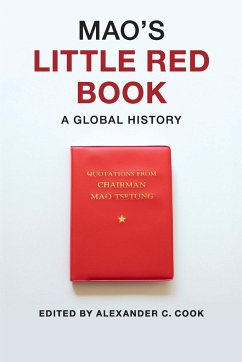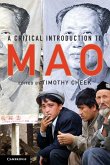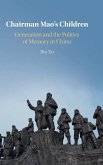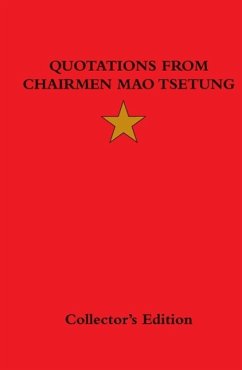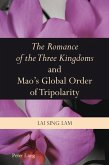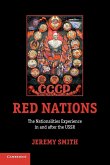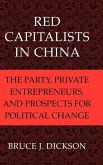Mao Zedong's Little Red Book - a compilation of Chairman Mao's statements and political pamphlets - is one of the most visible and ubiquitous symbols of twentieth-century radicalism. Published for the first time in 1964, it rapidly became the must-have accessory for red guards and revolutionaries from Berkeley to Bamako. Yet, despite its worldwide circulation and enduring presence there has, until now, been no serious scholarly effort to understand this seminal text as a global historical phenomenon. Mao's Little Red Book brings together a range of innovative scholars from around the world to explore the fascinating variety of uses and forms that Mao's Quotations has taken, from rhetoric, art and song, to accessory, symbol, badge and weapon. The authors of this pioneering volume use Mao's Quotations as a medium through which to re-examine the history of the twentieth-century world, challenging established ideas about the book to reveal its remarkable global impact.
'Alex Cook's collection of essays on Quotations from Chairman Mao explains this global phenomenon of the 1960s and uses it as a window to explore wider issues, from Chinese politics and society, to traveling theory across Asia, Africa and Europe, to popular appropriation of state ideologies. Contributions by specialists in Mao's works, history, international politics, literary theory, and music reveal the astonishing power of Mao's writings and what that tells us about ourselves.' Timothy Cheek, University of British Columbia

